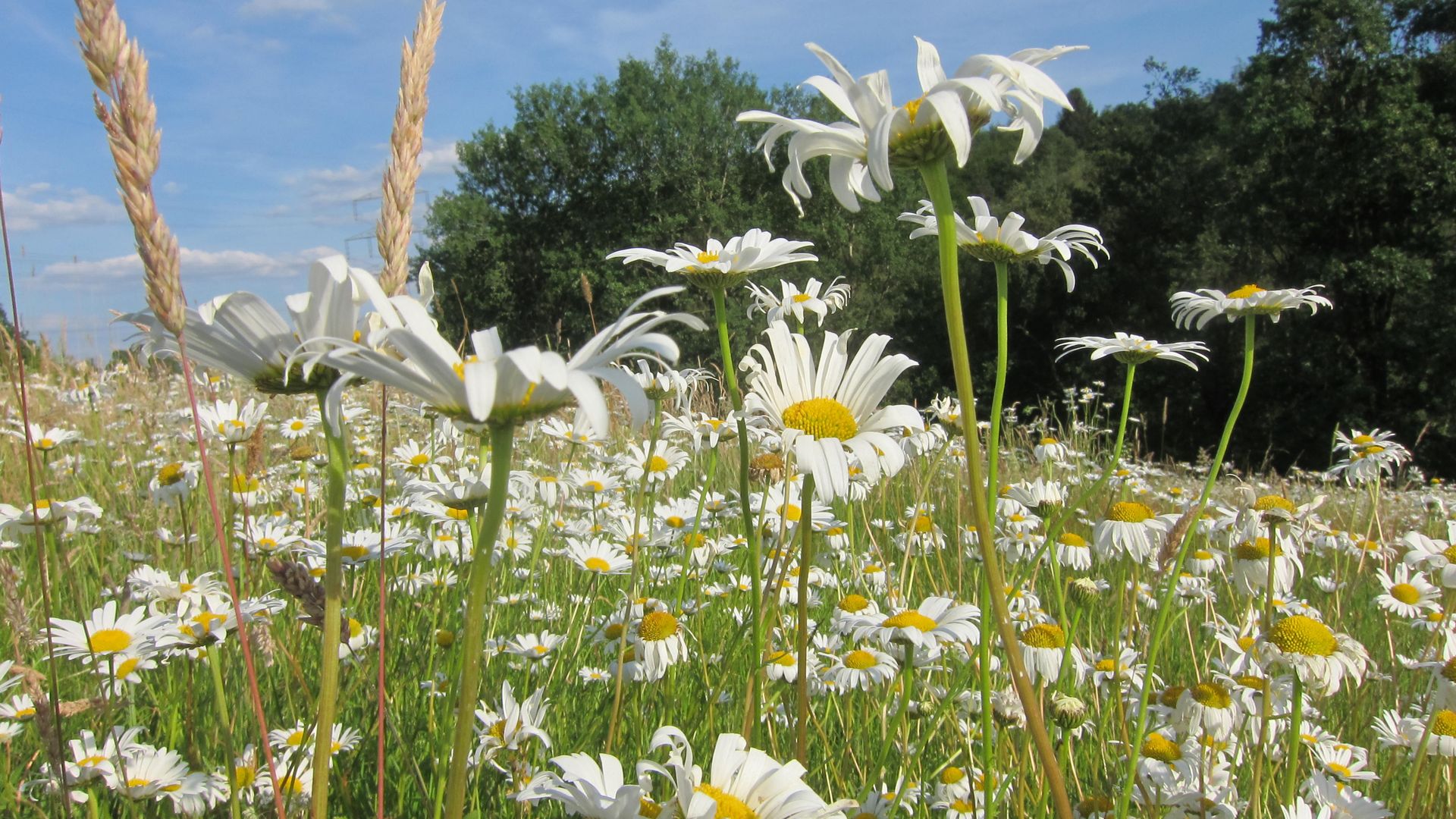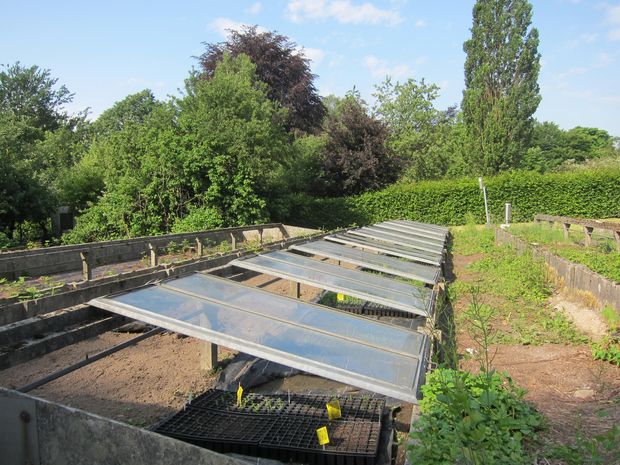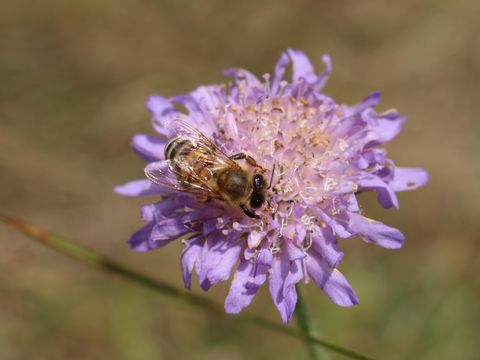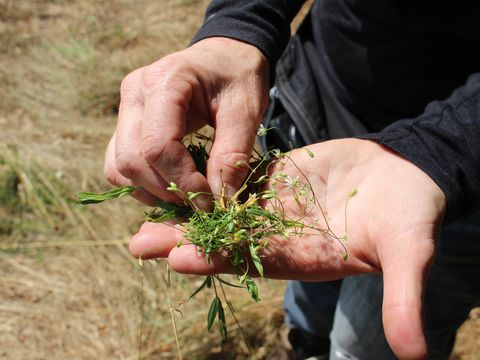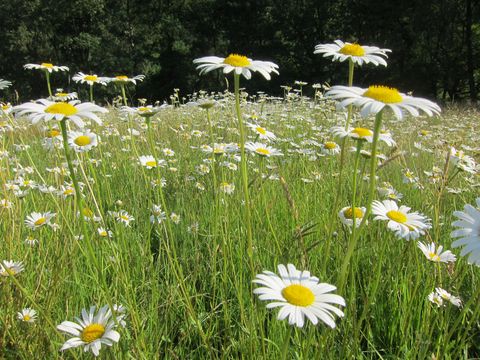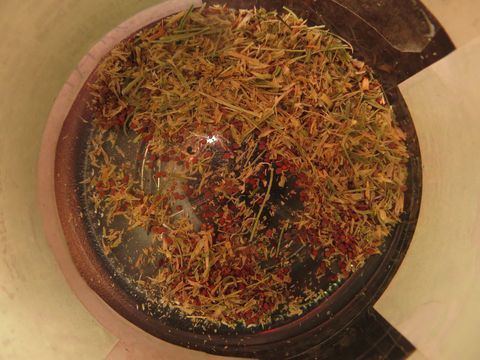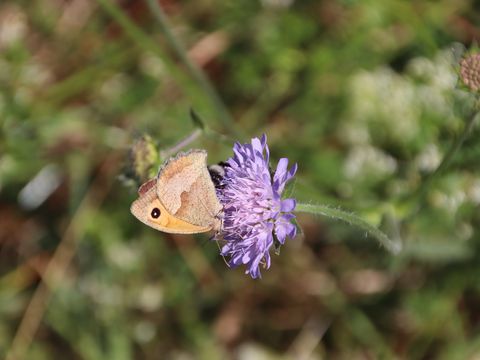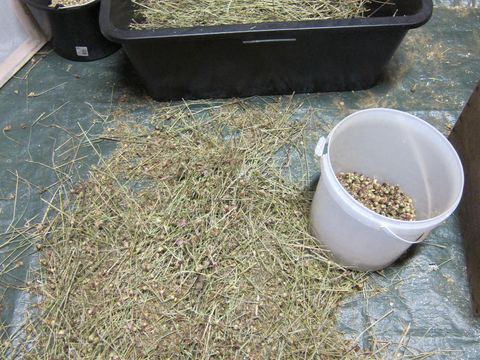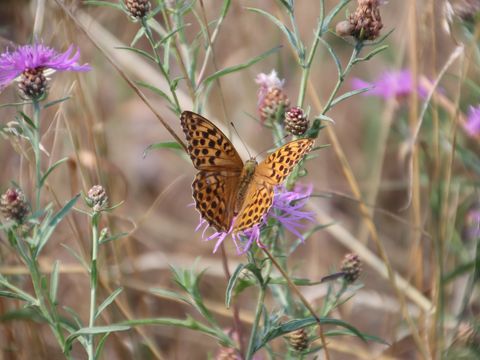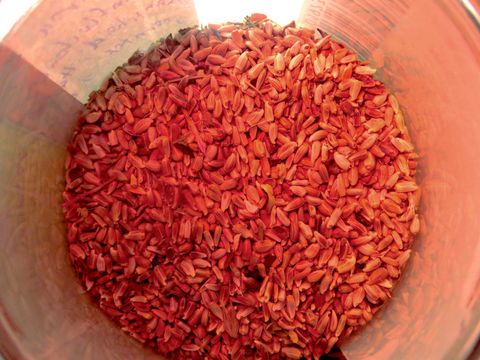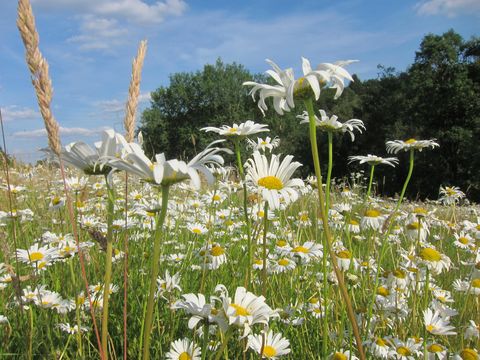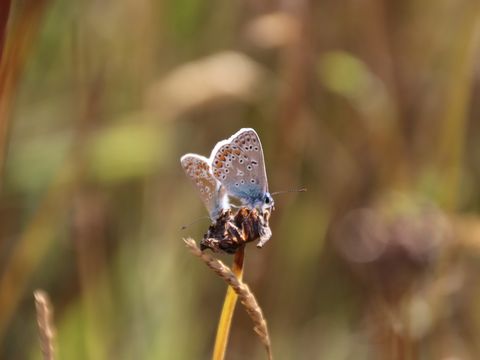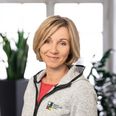Bergisch seed for more Bergisch diversity
Species diversity in the open agricultural land of North Rhine-Westphalia has been declining for years. The aforementioned problem can also be observed in the Bergisches Land. For some time now, biological stations and lower landscape authorities have been discussing action plans for the reenrichment of severely impoverished open areas. In this context, it has become and continues to become clear that no seed obtained from the seed pool of mountainous wild herb species is currently available. The initiation of a project to obtain and distribute autochthonous seeds therefore meets with great interest from the landscape authorities as well as from the Landschaftsverband Rheinland, which has been financially supporting the project since 2018. Together with the biological stations Mittlere Wupper, Rhein-Berg and Oberberg, the nature park will continue to work on the project until 2022.
Project goal
The aim is to preserve and restore colorful, species-rich meadows, fields, field margins and green areas by producing regioseed for sowing. Regiosaatgut refers to the seed of locally occurring (autochthonous) species typical of the natural environment.
Contents of the project
In the project, about 50 autochthonous wild herb species are to be grown and propagated from the genetic pool of mother plants from the Bergisches Land region for permanent distribution. The long-term goal is for the project to be economically self-sustaining after the end of the funding phase by the LVR.
Further information is available on the website www.bergisches-saatgut.de.
